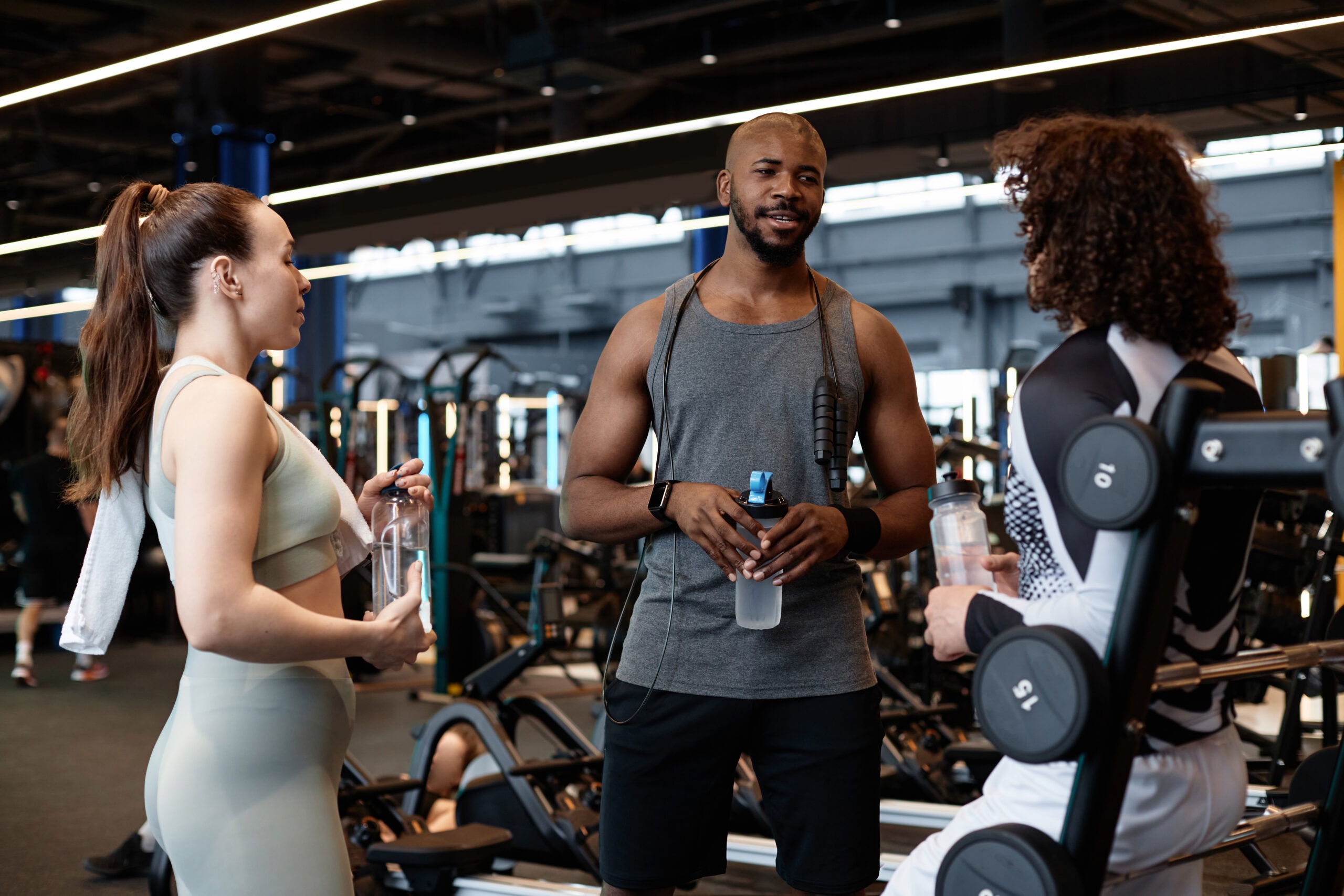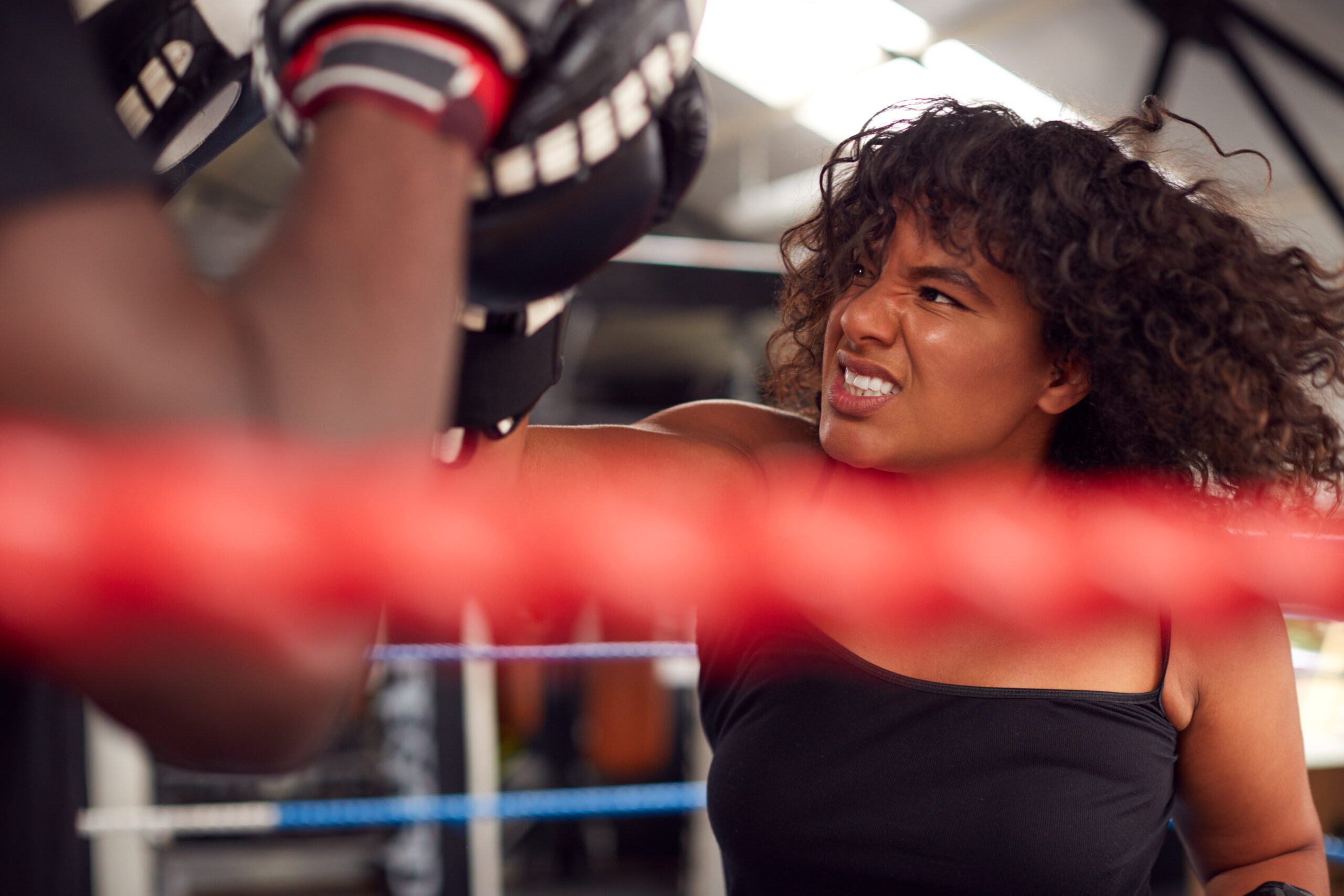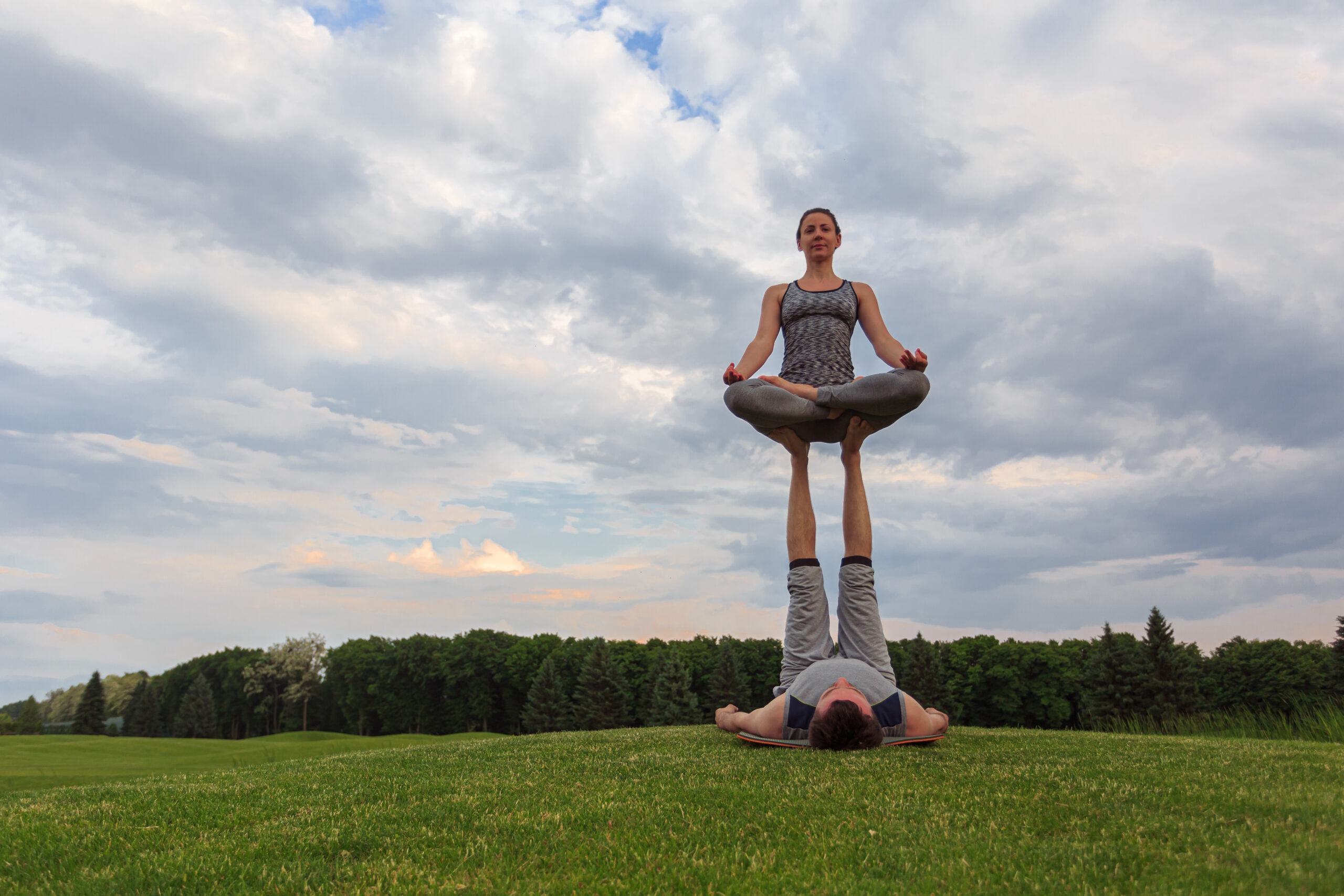Can Exercise Make Hair Loss Worse?
Have you ever heard that, "Exercise causes hair loss"? Is it just a myth, or is there scientific evidence behind it? Let’s take a closer look at both the positive and potentially negative effects of exercise on hair health.
Regular exercise is essential for maintaining overall health and is known to have beneficial effects throughout the body. But one question that often comes up is: Does exercise affect hair loss?

Firstly, regular exercise of moderate intensity can offer several positive effects on hair health. For example, aerobic exercise enhances blood circulation throughout the body, helping deliver oxygen and nutrients to the scalp. This plays a crucial role in maintaining the activity of hair follicle cells and promoting healthy hair growth. Additionally, exercise is an effective way to reduce stress. Stress is one of the leading causes of hair loss, and excessive production of the stress hormone cortisol can disrupt the hair growth cycle, pushing hair into the resting (telogen) phase prematurely. By promoting mental relaxation and helping to regulate hormones, regular exercise may contribute to the prevention of hair loss. However, the relationship between exercise and hair loss is more complex than these benefits alone suggest.

Not all types of exercise are beneficial for hair. In fact, excessive or overly intense workouts may trigger or worsen hair loss. Long-term high-intensity exercise can elevate cortisol levels in the body, leading to a chronic state of stress. This can negatively affect hair follicle health, leading to thinning or shedding. Furthermore, high-intensity exercise can temporarily increase testosterone levels, which can be converted to DHT (dihydrotestosterone) by the 5-alpha reductase enzyme, potentially exacerbating androgenetic alopecia (male/female pattern baldness). While such hormonal shifts are usually temporary and vary from person to person, those with a genetic predisposition to hair loss should be particularly cautious.

Additionally, combining intense exercise with strict dieting—especially for weight loss—can lead to deficiencies in essential nutrients for hair growth, such as protein, vitamins, and minerals. Deficiencies in these nutrients can impair follicle function and ultimately lead to hair loss. Insufficient hydration during or after intense workouts may also negatively affect scalp health.

In conclusion, exercise is an effective way to positively impact hair loss prevention and hair health, but the type and intensity of exercise, along with nutritional management, must be considered. Choosing appropriate types and intensities of exercise, coupled with sufficient hydration and a balanced diet, is the most ideal approach. Exercise is the foundation of a healthy life, but remember that 'balance' is key for its benefits to extend to your hair health.


